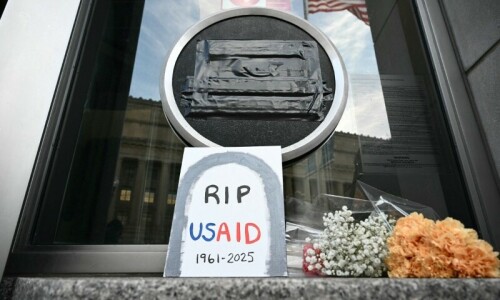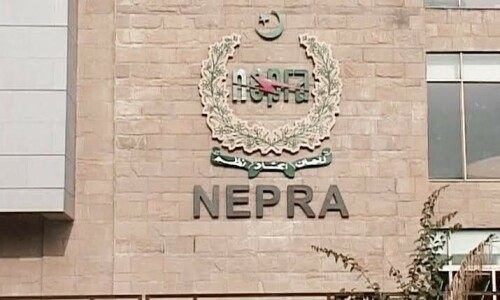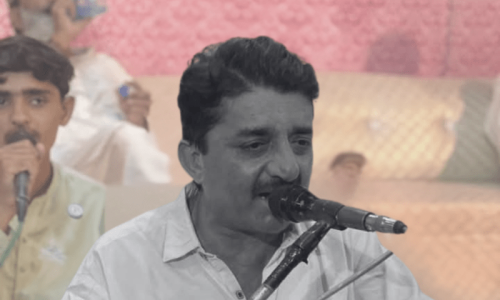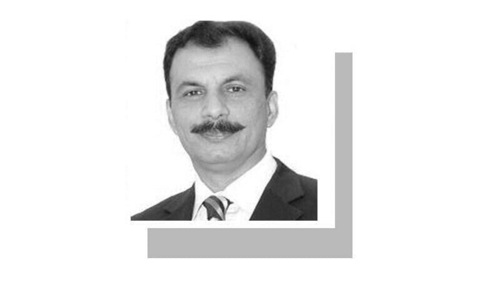UNITED NATIONS, Feb 20: Pakistan has called for the United Nations Security Council reform that is no longer hostage to the ambitions of a few and accommodates the interests and positions of all member states to reflect the realities of the 21st century.
Addressing the 192-member UN General Assembly on Thursday, Pakistan’s UN Ambassador Abdullah Hussain Haroon said: “Our positions will conform to the principles of sovereign equality of states and equitable geographical distribution.
“We shall work for a reform model that is responsive to the substantial increase in the number of developing countries in the UN membership since the 60s,” he said.
Terming the start of negotiations as an important landmark, he assured that Pakistan would play an active and constructive role in the process.
“Our proposals and contributions will be consistent with the objectives of a more democratic, equitably representative, transparent, effective and accountable council. Our positions will conform to the principles of sovereign equality of states and equitable geographical distribution. We shall work for a reform model that is responsive to the substantial increase in the number of developing countries in the UN membership since the 60s,” the ambassador said, adding: “We would therefore advance in particular the legitimate interests of the vast majority of small and medium states to serve as members of the council through allocation of seats to correspond to their specific requirements.
“We would prioritise regional interests over individual interests, through accommodation of positions of all member states and regional and other groupings, including in particular Africa and the OIC (Organisation of Islamic Conference). We would seek to build consensus within and between regions in order to achieve a stronger and more effective Security Council in the interest of all.”
He said this willingness to find a negotiated solution was a significant shift from the divisiveness of the past. “It offers an opportunity for a breakthrough, for a reform that is no longer hostage to the ambitions of a few, but that would accommodate the interests and positions of all member states, and promote the larger objectives of the United Nations Organisation, thus enhancing its unity, effectiveness, credibility and legitimacy.”
Pakistan, Mr Haroon said took “particular pride that together with members of the “Uniting for Consensus” and many other countries, we have been in the forefront of advocating a reform of the Security Council, which is to be achieved through negotiations and widest possible consensus. We are therefore most eager to engage in this process and are sincerely committed to its success.”
The President of General Assembly, Miguel d’Escoto Brockmann, sent a letter on Wednesday informing UN ambassadors that the first round of negotiations would consist of meetings on five key issues.
The first, on March 4, will tackle the different categories of Security Council membership. It will be followed by meetings on the veto and regional representation. The size of an enlarged council and its working methods, and the relationship between the council and the General Assembly, will be up for consideration in April, and a second round of negotiations is scheduled for May.
“My sole concern rests with the integrity of the process and the attainment of decisive progress” Mr Brockmann said in the letter.

















































Dear visitor, the comments section is undergoing an overhaul and will return soon.